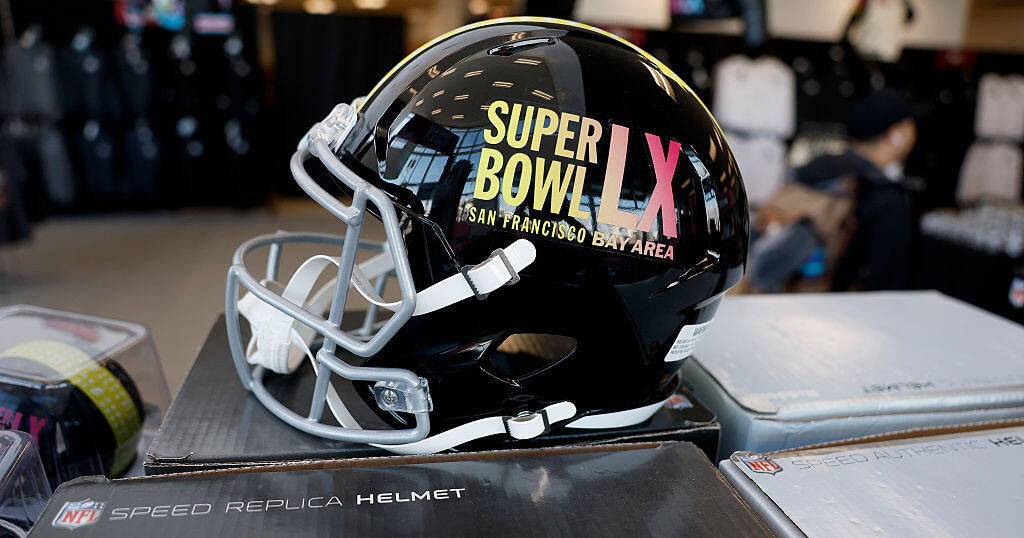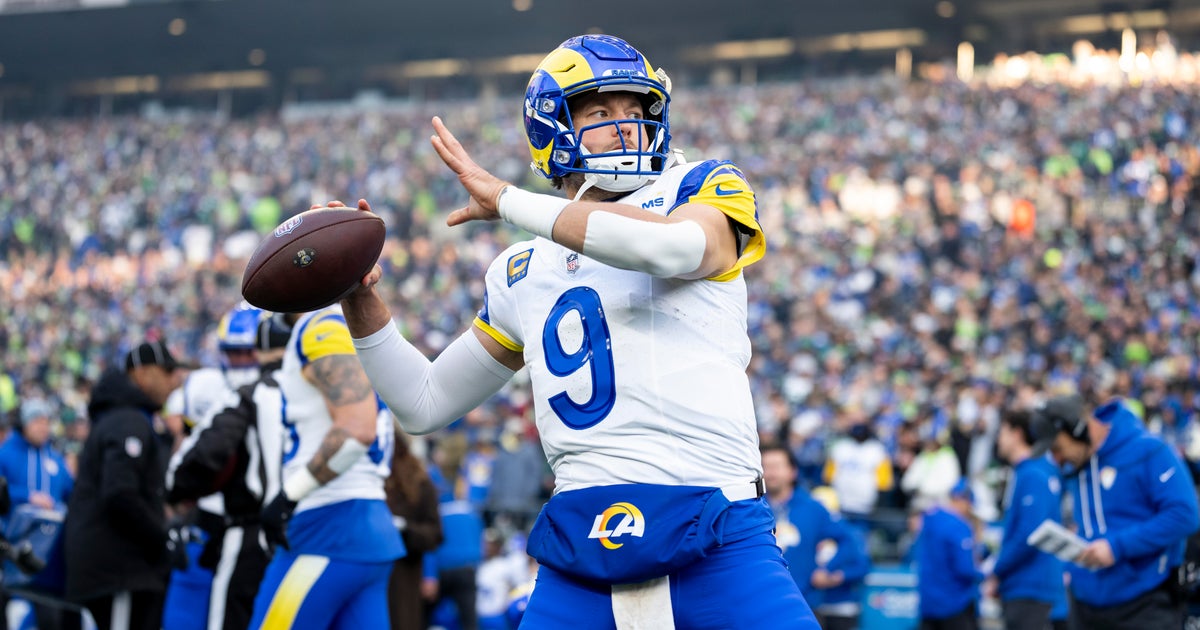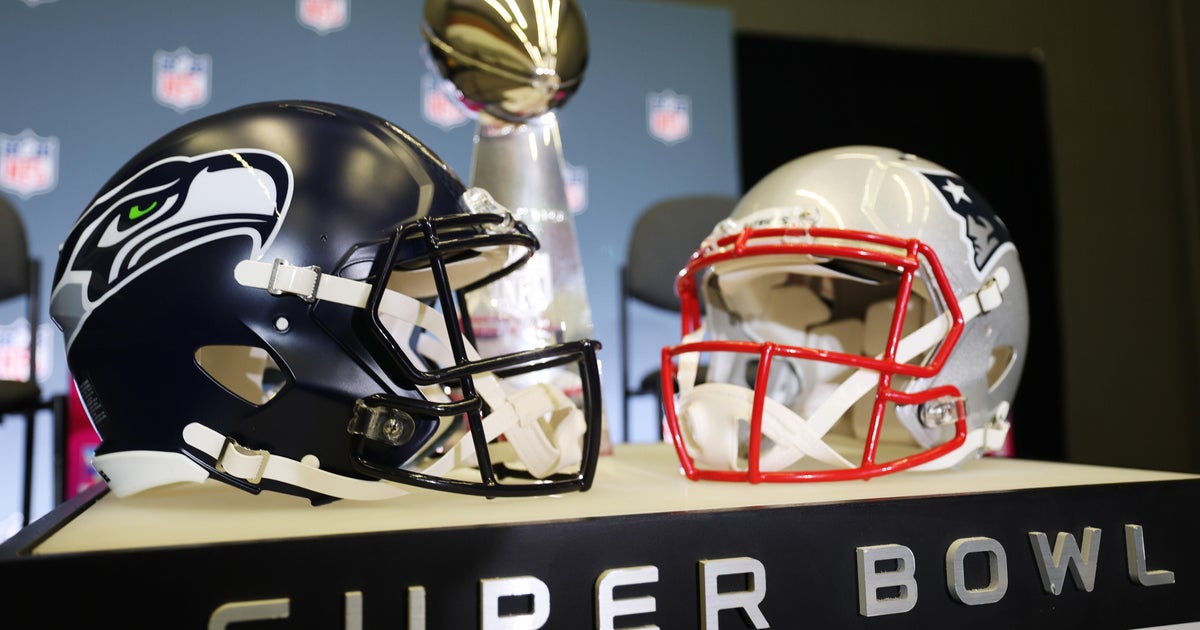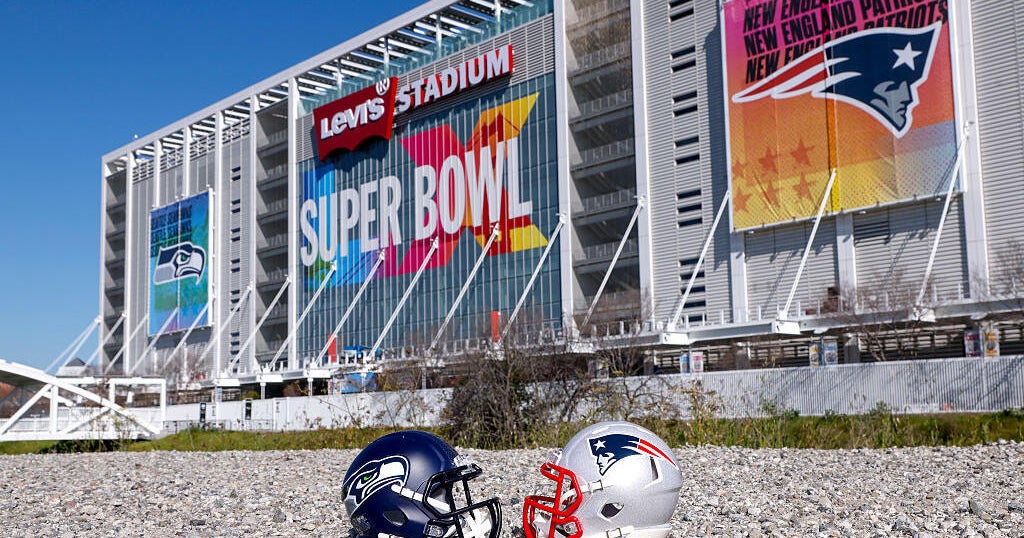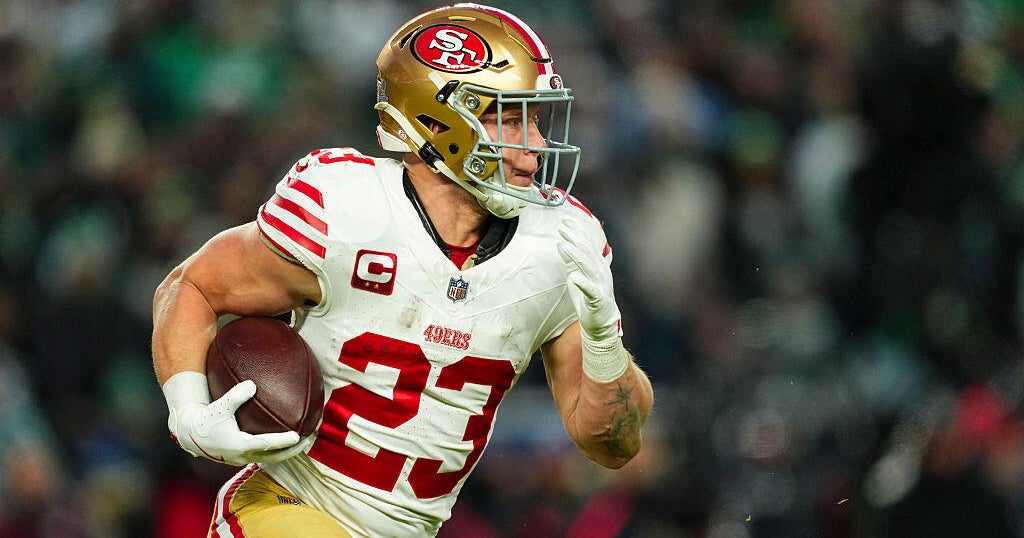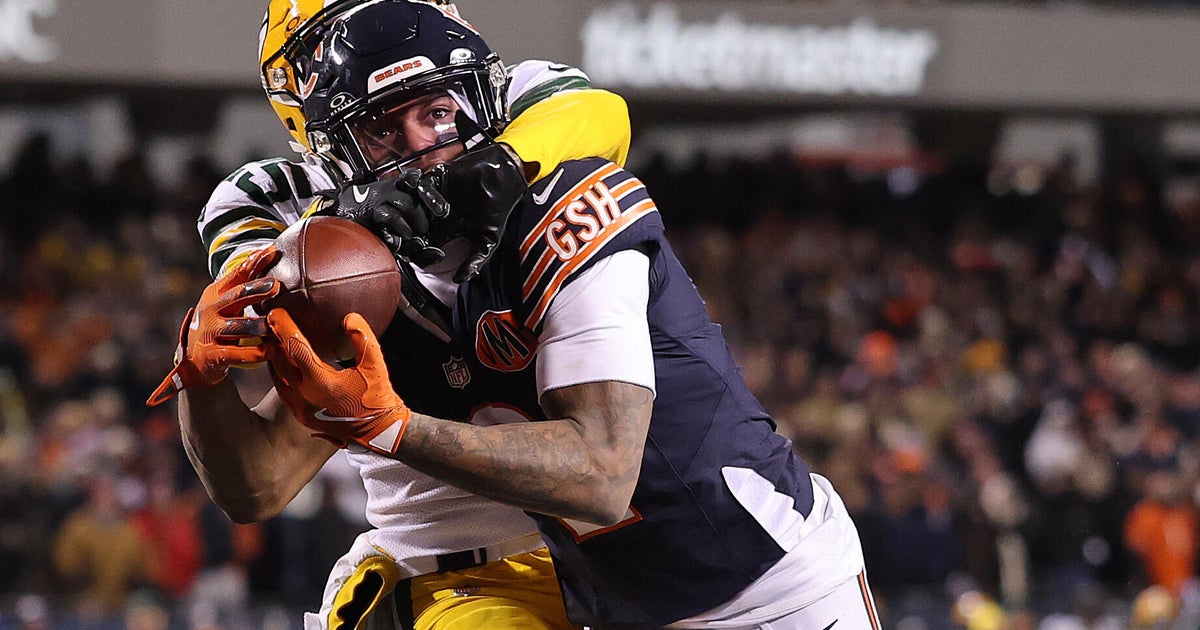Silverman: NFL Catch Rule Is Result Of Replay's Obnoxious Touch
By Steve Silverman
» More Columns
Nobody knows what a catch is in the NFL, and the latest outrage and example comes from Sunday's game between the New England Patriots and Pittsburgh Steelers.
Ben Roethlisberger's pass to tight end Jesse James should have given the Steelers a go-ahead touchdown in the final half-minute. But after James caught the ball and went to the ground at the 1-yard-line, readjusted his body and tried to extend for the touchdown, the ball wobbled a bit as he crossed the goal line and hit the ground.
That wobbling was ruled as being part of the process, and the officials ruled that James had not "survived the ground."
I, however, believe James did survive the ground, and it was the extension after he hit the ground that caused the ball to move. He did not lose the ball, and he did not drop the pass. It was a brutal call, one that was based on the NFL's inexplicably complex definition of what makes a catch.
Anyone who has played schoolyard football understands what it takes to compete a catch. A bit of a wobble when the ball hits the ground does not make for an incomplete pass if the receiver maintains possession.
Go into any bar in Manhattan, Queens or the Bronx during an NFL Sunday, and those watching the games know what a catch is -- or at least what a catch should be.
The officials also know, but they have to go by the rules that have been rewritten through the years to adapt to instant replay.
The onset of replay means that every play can be examined, re-examined, studied and discussed ad nauseam.
Every little nuance must be scrutinized if the call is going to be right.
That scrutiny has hurt the sport dramatically. How many plays would have been reversed between the New York Giants and the Baltimore Colts in the famous 1958 NFL championship game if instant replay had been a factor?
That game is considered to be one of the greatest in the history of the sport, and a new league was spawned the moment Alan Ameche barged into the end zone in overtime to give the Colts the NFL championship.
American Football League founder Lamar Hunt watched that game from a Miami hotel room. He had been trying to purchase an NFL franchise for years, but men like Chicago Bears owner George Halas and Washington Redskins owner George Preston Marshall had stood in his way.
Hunt was so thrilled by the '58 title game that he created the AFL on the back of cocktail napkins as he flew from South Florida back to Dallas. By the time he landed, he was determined to make his plan reality.
Hunt was quite successful. The AFL opened for business in 1960, and by the time he effected the merger agreement in 1966, the AFL was the near equal of the NFL. By the time the AFL ended its run with Kansas City's 23-7 victory over the Minnesota Vikings in Super Bowl IV, it was as good or better.
But just how enamored with the game would Hunt have been if officials were looking at video monitors before they reversed catches or turned fumbles into non-fumbles?
That's what replay has done. A ball carrier goes to the ground after a hard hit, and it's not a fumble if he hits the ground before losing the ball. However, if a receiver catches the ball and loses it when he hits the ground, it's an incomplete pass.
It's utterly ridiculous, and every fan watching in a bar knows that it's a lousy operation. So do the officials, who are doing what they are told to do.
Replay has ruined much of the spontaneity of the game by taking logic out of the equation.
If replay had been around during the famous Ice Bowl between the Green Bay Packers and Dallas Cowboys on Dec. 31, 1967, would fans and players have had to sit around while officials determined whether Bart Starr had crossed the goal line on his game-winning quarterback sneak following Jerry Kramer's block?
What about Super Bowl III? How many plays would have been overturned in that game, and would they have denied the Jets their lone Super Bowl triumph?
Who knows? Replay is not going away because the genie has left the bottle – and I'm not talking Barbara Eden.
The desire to get it right has impacted the sport negatively, and commissioner Roger Goodell and his merry band of owners need to know that.
Please follow Steve on Twitter at @Profootballboy
